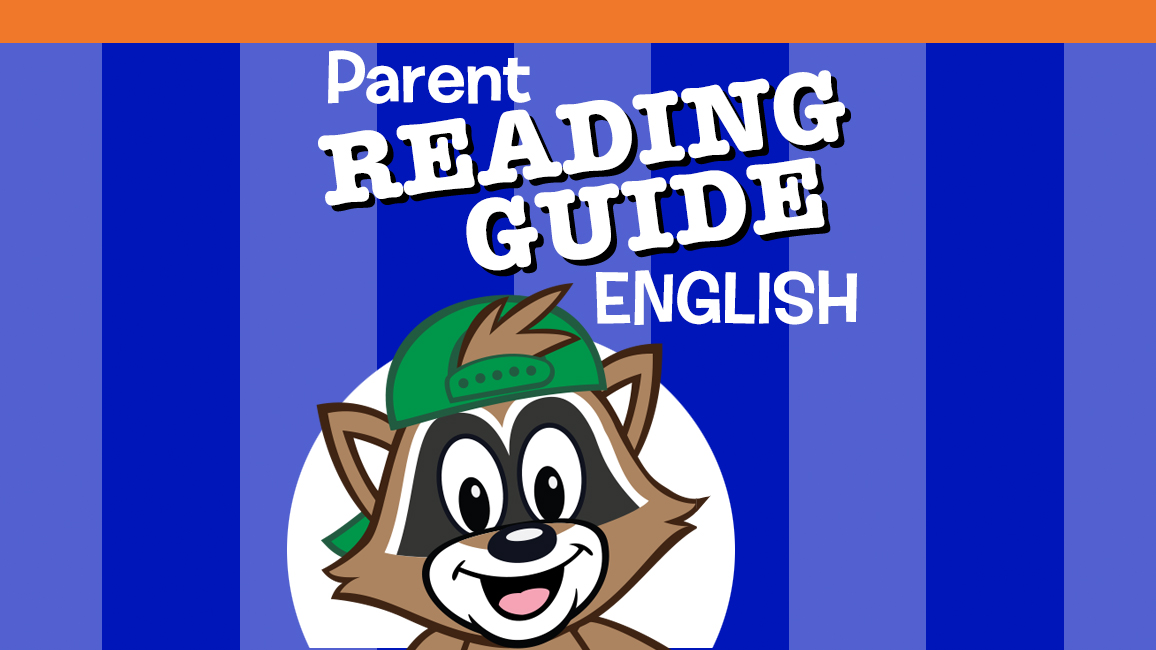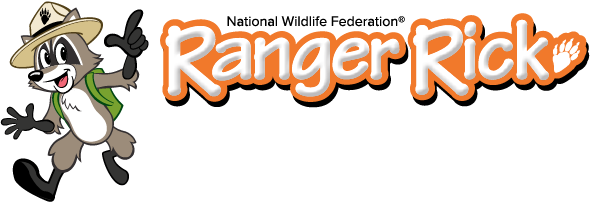
The articles in Ranger Rick Jr. show children how different animals behave and explain why they behave the way they do. This month, I’d like you to focus on some of these behaviors as you read the magazine.
The story on pages 6–11 shows how a baby humpback whale behaves. Read through these pages and talk about why whales behave this way.
- On the opening spread, you can see Wally riding on his mother’s back. Explain that whales need to go to the surface of the water to breathe air. Wally’s mom is carrying him so that he learns what he needs to do to breath on his own.

- Wally learns how to act like a whale by watching and copying his mother’s actions. Does your child watch you and copy things you do? How is this helpful?
- Ask your child to tell you what Wally is doing to have fun on pages 10-11. What kinds of things does your child do to have fun?
 We all occasionally have an itch. Ask your child to describe what the animals on pages 16–21 are doing to relieve an itch.
We all occasionally have an itch. Ask your child to describe what the animals on pages 16–21 are doing to relieve an itch.
Discuss why different kinds of animals scratch in different ways. Then ask your child tell you different ways she has scratched an itch.
 Don’t miss the rattlesnake behavior described when your child opens the flap on page 26. By shaking its tail, the snake warns others to not come close. If you ever hear that sound, stay away.
Don’t miss the rattlesnake behavior described when your child opens the flap on page 26. By shaking its tail, the snake warns others to not come close. If you ever hear that sound, stay away.
You and your child can learn more about animal behaviors by scanning the QR Codes found throughout Ranger Rick Jr. magazine.

 ¡Hola! Read about Wally in Spanish at RangerRick.org/WhaleBabySP
¡Hola! Read about Wally in Spanish at RangerRick.org/WhaleBabySP
Mike Wilson, Founder
Prekindergarten Reading Encouragement Project
PREP – Helping childhood literacy one family at a time.
facebook.com/PREPDelaware


